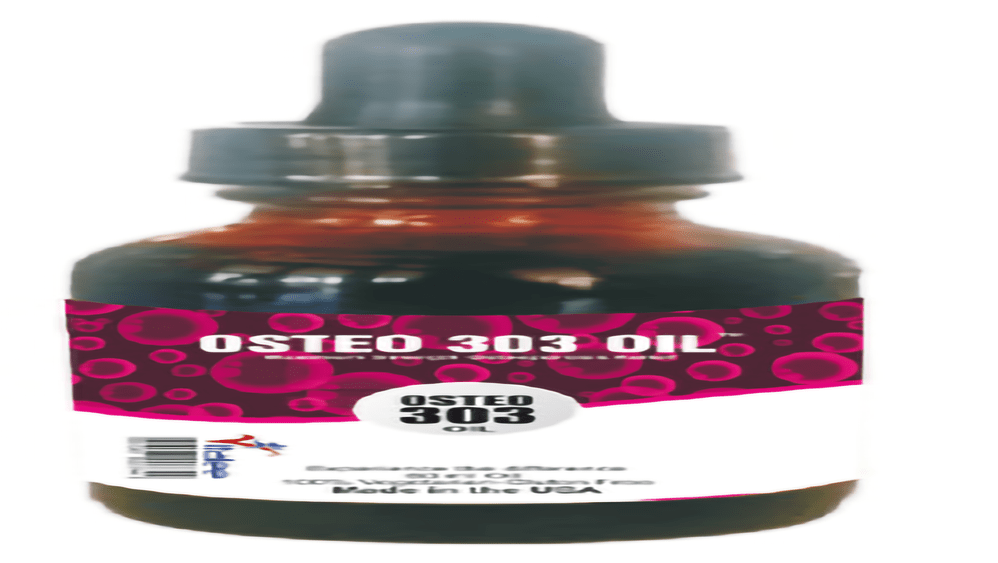Discover the Best Vitamins for Osteoporosis and Bone Health
4 min read
Osteoporosis, a condition characterized by weakened bones and an increased risk of fractures, affects millions of people worldwide. Ensuring optimal bone health is crucial to prevent and manage this condition, and vitamins play a significant role in maintaining bone density and strength. In this article, we will explore the best vitamins for osteoporosis and overall bone health, highlighting their importance and the sources from which they can be obtained.
Understanding Osteoporosis and Bone Health
Osteoporosis occurs when the creation of new bone doesn’t keep up with the removal of old bone. This leads to bones becoming porous and fragile. It is most common in older adults, particularly women post-menopause, but it can affect men and younger individuals as well. Key factors contributing to osteoporosis include hormonal changes, insufficient calcium intake, lack of physical activity, and certain medical conditions or medications.
To counteract the effects of osteoporosis, a well-balanced diet rich in essential vitamins and minerals is vital. These nutrients help in the formation and maintenance of bone tissue, enhancing bone density and reducing the risk of fractures.
The Best Vitamins for Bone Health
- Vitamin D
Vitamin D is arguably the most critical vitamin for bone health. It facilitates the absorption of calcium in the gut, which is essential for bone formation and maintenance. Without adequate vitamin D, bones can become thin, brittle, or misshapen.
Sources: The body naturally produces vitamin D when exposed to sunlight. Dietary sources include fatty fish (such as salmon and mackerel), fortified dairy products, and egg yolks. For individuals with limited sun exposure, vitamin D supplements can be beneficial.
- Vitamin K
Vitamin K is essential for bone health as it helps in the formation of osteocalcin, a protein that binds calcium to the bone matrix, strengthening the bones. It also plays a role in blood clotting.
Sources: Green leafy vegetables (such as kale, spinach, and broccoli), Brussels sprouts, and fermented foods like natto are excellent sources of vitamin K. Supplements are available for those who may not get enough from their diet.
- Calcium
While not a vitamin, calcium is a crucial mineral for bone health. It is the primary building block of bone tissue. Ensuring sufficient calcium intake is fundamental to preventing osteoporosis.
Sources: Dairy products (milk, cheese, yogurt), leafy green vegetables, almonds, tofu, and fortified plant-based milks are good sources of calcium. Calcium supplements are also widely available.
- Vitamin C
Vitamin C is important for the production of collagen, a protein that helps maintain the structure and strength of bones. It also has antioxidant properties, protecting bone cells from damage.
Sources: Citrus fruits (oranges, lemons, grapefruits), strawberries, bell peppers, broccoli, and tomatoes are rich in vitamin C.
- Vitamin A
Vitamin A plays a role in bone growth and remodeling, processes that are crucial for maintaining bone health. However, it’s important to balance intake, as both deficiency and excess can negatively impact bones.
Sources: Liver, fish oils, and dairy products are high in vitamin A. Plant-based sources include carrots, sweet potatoes, and dark leafy greens, which contain beta-carotene, a precursor to vitamin A.
- Vitamin B12
Vitamin B12 aids in the formation of bone cells. Deficiency in this vitamin is linked to lower bone mineral density and higher risk of osteoporosis.
Sources: Animal products such as meat, fish, poultry, eggs, and dairy are rich in vitamin B12. Fortified cereals and nutritional yeast are good sources for vegetarians and vegans.
Incorporating These Vitamins into Your Diet
Ensuring a diet rich in these vitamins is key to maintaining bone health and preventing osteoporosis. Here are some tips to help incorporate these nutrients into your daily routine:
- Diversify Your Diet: Aim to include a variety of foods from different food groups to ensure a broad intake of essential vitamins and minerals.
- Supplement Wisely: If you’re unable to meet your nutritional needs through diet alone, consider supplements. Consult with a healthcare provider to determine the appropriate dosage.
- Regular Sun Exposure: Spend time outdoors to boost your vitamin D levels. Aim for about 15-30 minutes of sunlight exposure a few times a week, depending on your skin type and geographic location.
- Healthy Lifestyle Choices: Avoid smoking and limit alcohol consumption, as these can negatively impact bone health. Engage in weight-bearing exercises such as walking, jogging, or weight training to strengthen bones.
Conclusion
Osteoporosis is a significant health concern, particularly as we age. However, by understanding and prioritizing the intake of key vitamins and minerals, we can significantly improve bone health and reduce the risk of fractures. Vitamins D, K, C, A, and B12, along with calcium, play crucial roles in maintaining bone density and strength.
Incorporating a balanced diet rich in these nutrients, complemented by a healthy lifestyle and regular exercise, can help ensure your bones remain strong and healthy. Whether through natural food sources or supplements, taking proactive steps to support your bone health is a vital part of overall wellness. Remember, it’s never too early or too late to start taking care of your bones.



